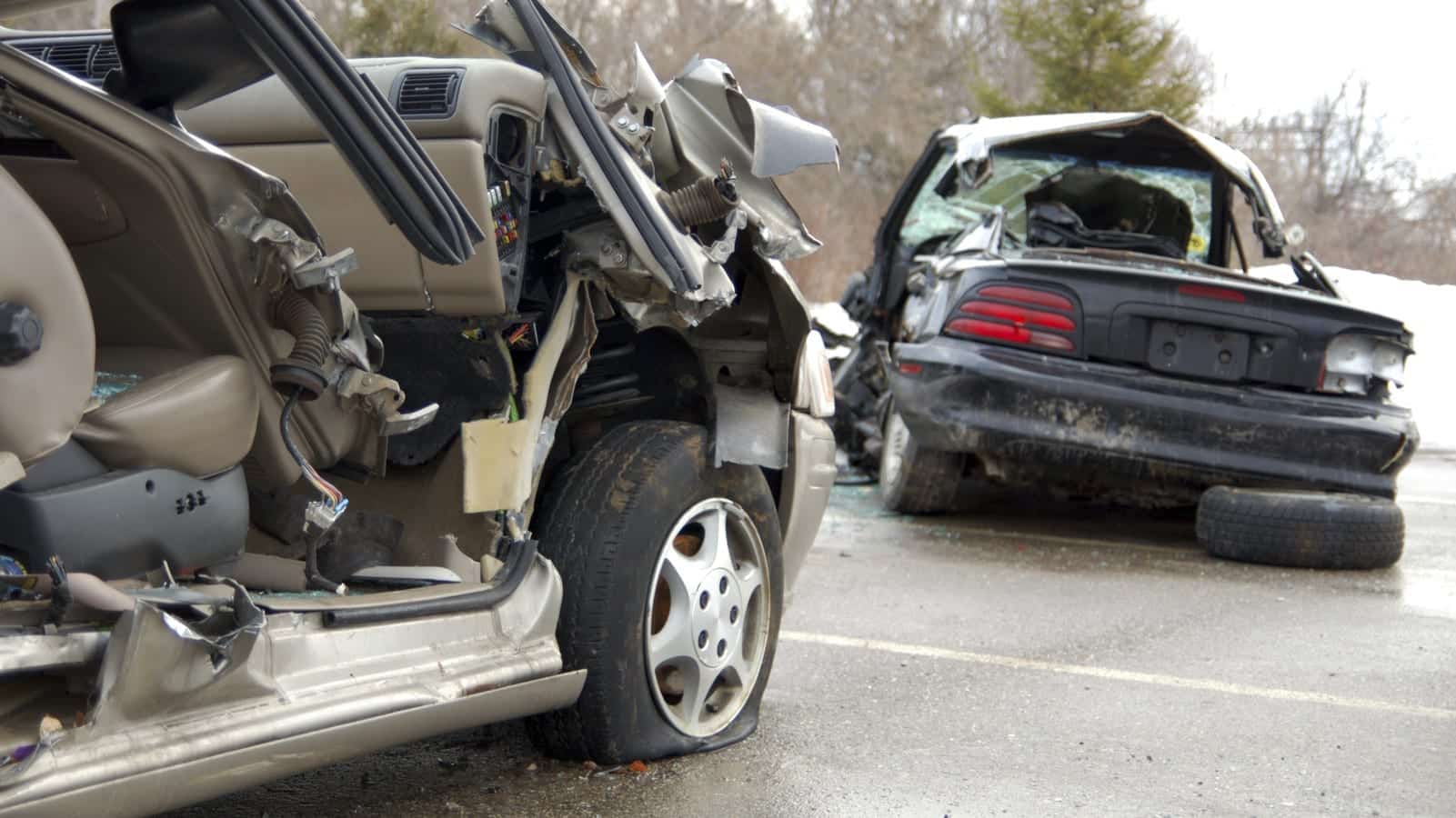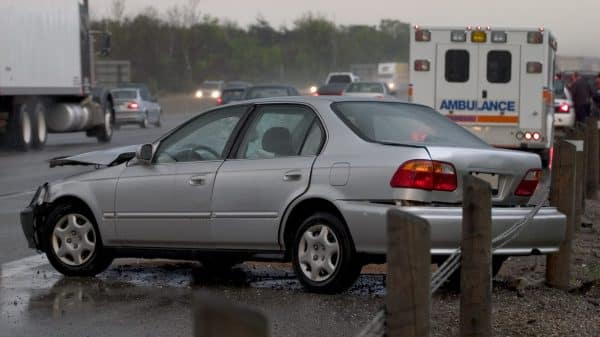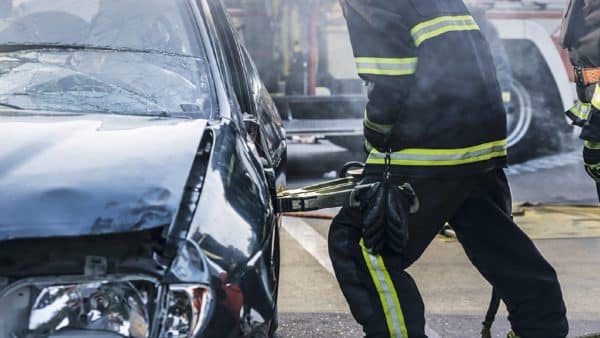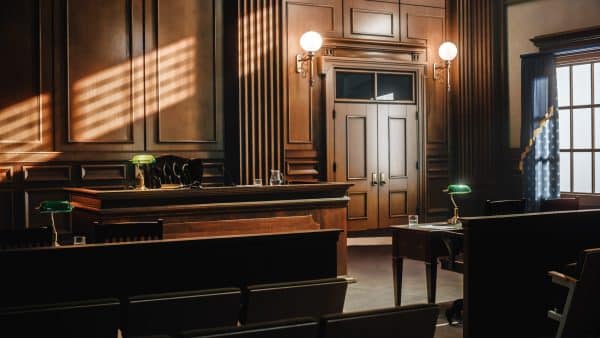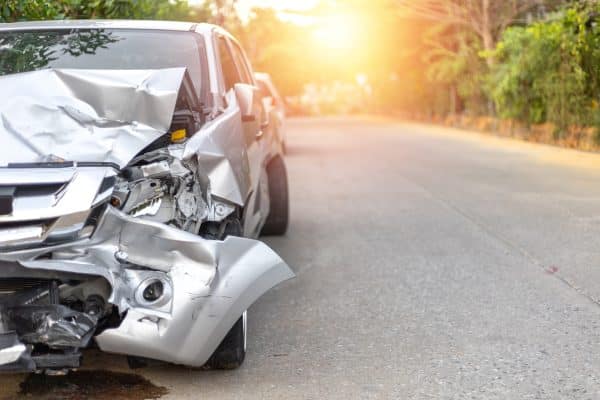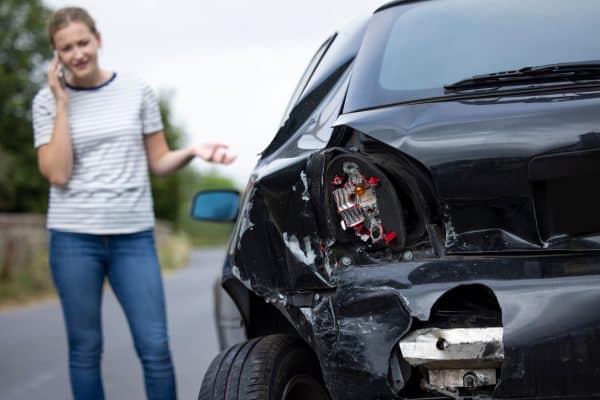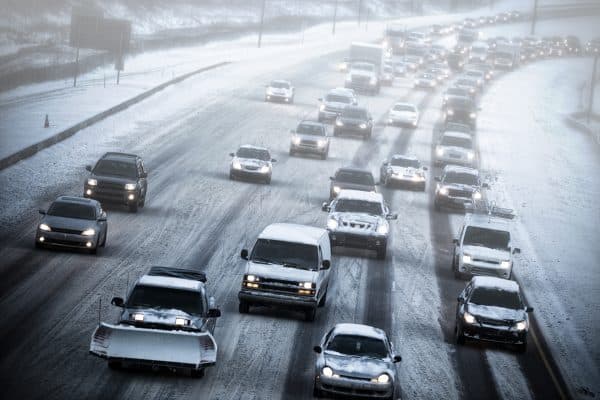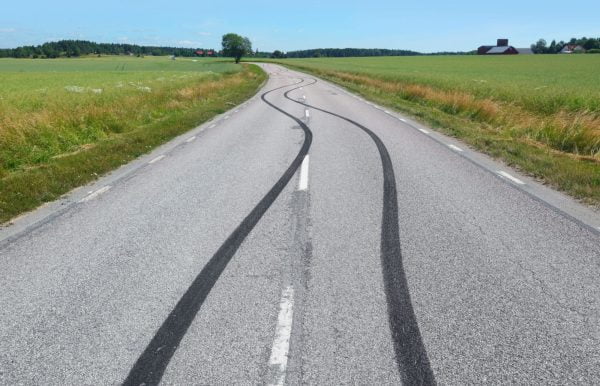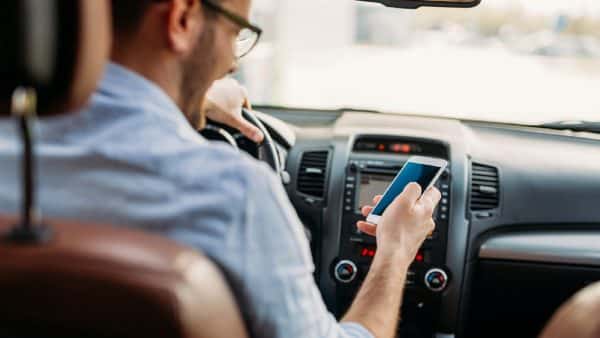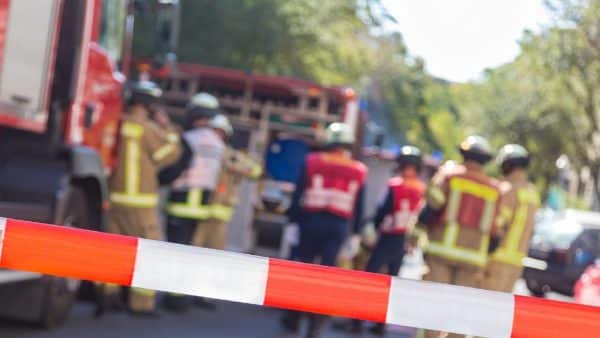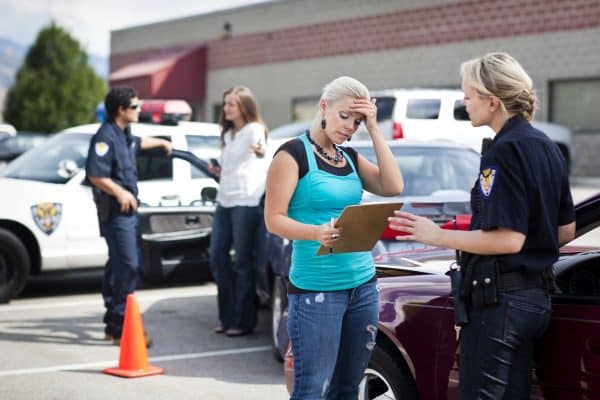When you get into a car accident, factors like who was at fault and the insurance companies involved determine how much you get paid for your vehicle’s damages. If your vehicle is declared a total loss, or totaled, you may not receive appropriate compensation for the loss of your vehicle. McMahan Law Firm, offering assistance to those in Chattanooga, Tennessee, can provide an experienced car accident attorney to help you receive a fair amount of vehicle coverage from your insurance company.
Who Pays for the Damage?
Who pays for the damage depends on whether the accident occurred in a no-fault state or a fault state. No-fault states with no fault car insurance mandate that, regardless of who was at fault for the accident, insurance companies still pay for certain damages resulting from the accident. Some no-fault states have exceptions to this, however, where no-fault rules may not apply to certain vehicle damage claims. In these cases, you have the right to file a claim against the other driver involved in the accident similarly to how you would in a fault state.
Fault states are when insurance companies pay for vehicle damages based on who is at fault for the accident. If the other driver is at fault, their insurance should pay you for your vehicle damages. If you are at fault, however, an insurance company will only pay for your vehicle damages if you have a type of insurance that offers coverage for damages regardless of negligence.
Collision insurance is one such type that offers coverage for any type of vehicle damage resulting from an accident. Whether no one is at fault for the accident or you are at fault for the accident, you can make a claim against your collision insurance policy. Because of this extensive coverage, collision insurance can be fairly expensive.
How Much do Insurance Companies Pay
Insurance companies only pay for vehicle damages until the policy limit is reached. For example, if you are in an accident that results in $15,000 worth of damages, and the negligent driver’s insurance only covers $10,000 worth of damages, you or your collision insurance will most likely be left to cover the remaining $5,000 worth of damages.
If the insurance company declares your car a total loss, the insurer will most likely only pay you the market value of your vehicle at the time of the collision. Therefore, if you owe more on your car loan than your vehicle is worth, you are left to pay the remainder even though you no longer have the car. Additionally, the insurance company has the right to take possession of your totaled car to resell on the secondary market. While you can attempt to convince your insurer to let you keep your car, they almost always take it.
How Can a Car Accident Lawyer Help?
If you disagree with the insurance company’s valuation of your vehicle damages or your car’s worth, you can try to negotiate with them or file a lawsuit. In order to do either of these things, you need evidence showing that the worth of the car is higher than the insurance company’s valuation. The experienced car accident lawyers at McMahan Law Firm have the knowledge and experience to help you gather the evidence you need to demonstrate the value of your vehicle or its damages. Contact a local car accident lawyer at McMahan Law Firm to help you receive fair payment from your car insurance company.

